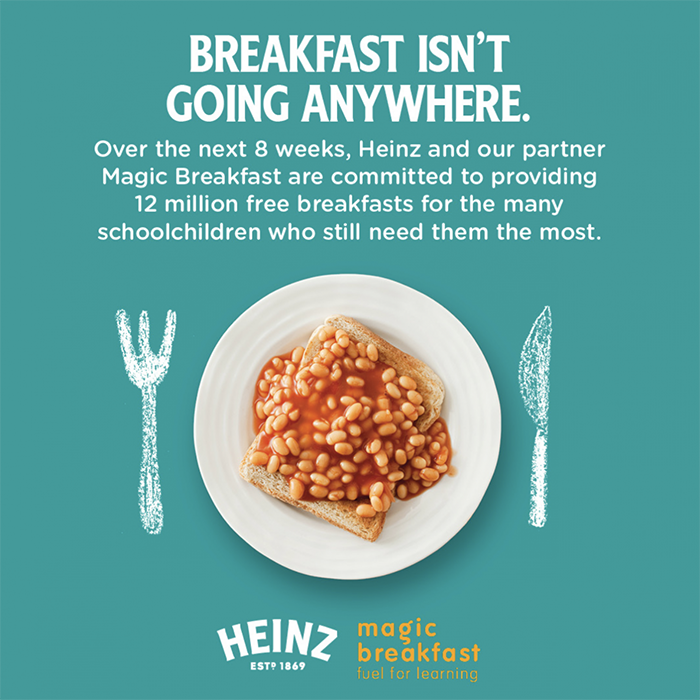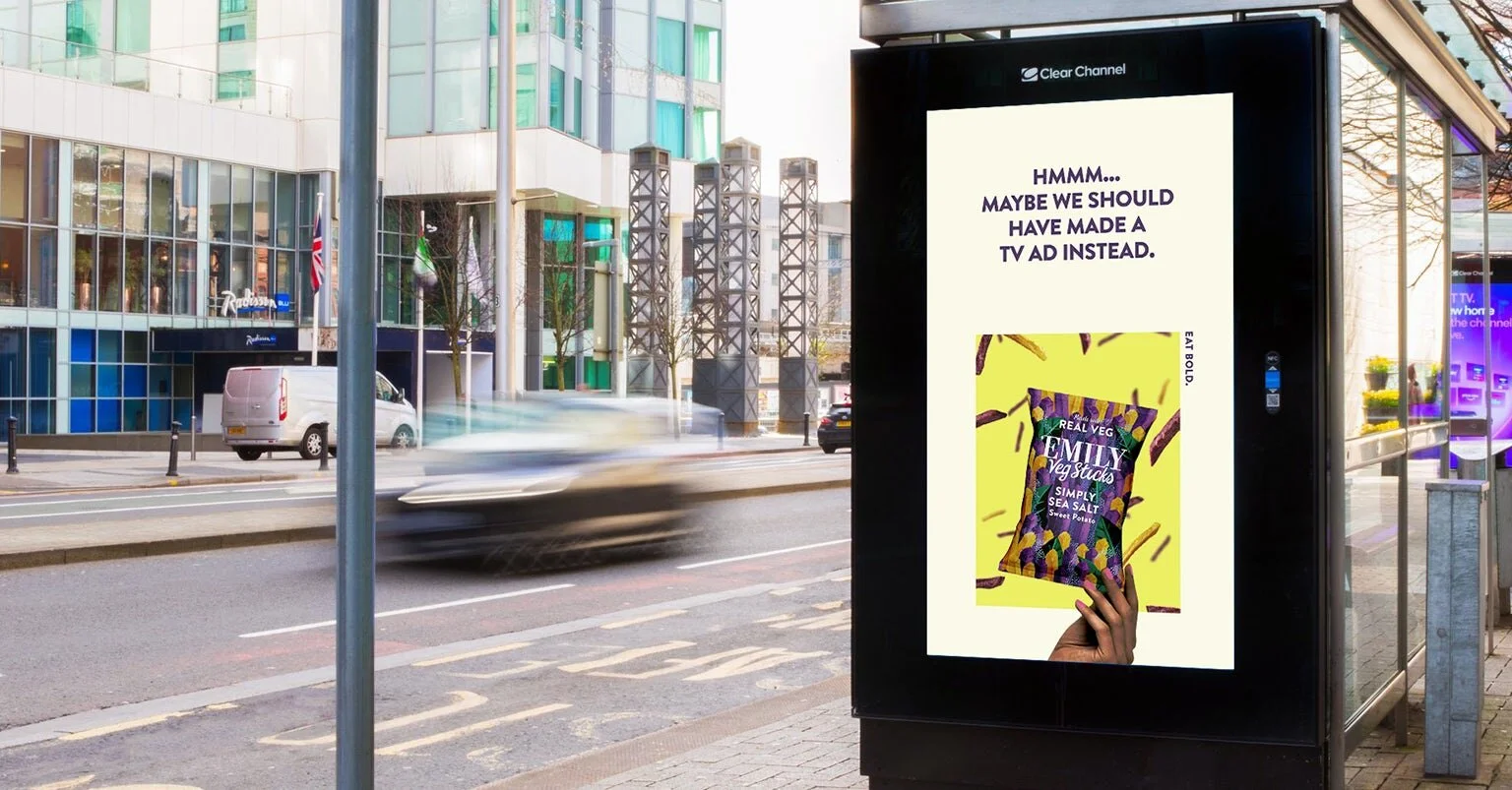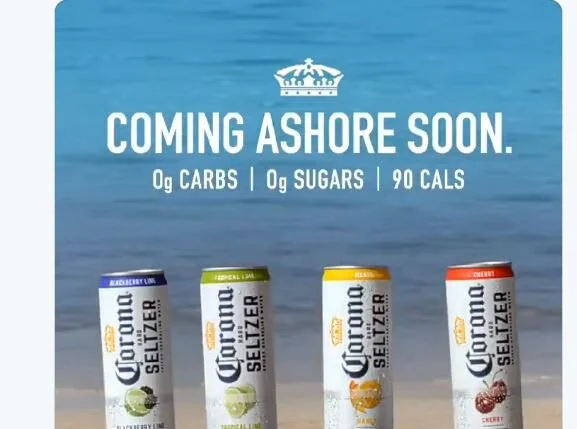The ethical concept of being right or wrong is one I shall not be delving into – it’s a branch of philosophy reliably left to Socrates and co.
However, something being good or bad is more nuanced and individualistic – something we’re empowered to have; our own opinions.
In addition to the changing Government comms, branding and business communication is particularly under the spotlight for showcasing a lack of authenticity and for undertaking purpose-, ethic- or value-washing.
This started as a drafted list of ‘winners and losers’, but given the harsh contextual realities of the global pandemic, and mounting economic tsunami, I thought a change of tack would be welcome.
So, what were the brands that have got it ‘right’ and ‘wrong’ during the pandemic?
Creative coronavirus comms
I thought I’d start by highlighting some of the good work done by marketers, communicators and businesses across brand marketing in the past few months. Those who got it more right than others. In no particular order:
North London’s Camden Town brewery rebranded its popular Camden Hells lager as ‘Camden Heroes’, giving away a six-pack of the beer to every NHS worker as a thank you.
In the same vein, many businesses volunteered their time, products and services to give back to the NHS, including Pret giving free hot drinks and 50% off food, breweries including Brewdog producing hand sanitiser (although it needed more alcohol), and a regional pub group donating meals to NHS, carers and frontline workers.
Heinz took a similar route with its ‘breakfast isn’t going anywhere’ campaign – partnering with Magic Breakfast to donate 12 million free breakfasts to schoolchildren who needed it the most. Precursor to Marcus Rashford’s strong work (or is it ‘Daniel’?).
Explaining coronavirus and why we’re in lockdown to children can be a struggle. Creators of ‘The Gruffalo’ Julia Donaldson and Axel Scheffler created 12 illustrations featuring a range of characters, including Stick Man and Zog, to help children understand the importance of social distancing.
This was also the approach by some larger brands who adapted their logo for impact, however, they were chastised by some for being a short-term PR stunt. However, food for thought that clever ideas don’t have to be big changes.
More light-hearted campaigns that caught my eye were Lego’s take on the video call – relevant for work as well as keeping in touch with friends and family – Ikea Spain’s reminder of the importance of staying home with a TV ad and clever poster campaign, and the Budweiser ‘Whassup’ redux reminding people to check in on friends in isolation.
Hotels.com also did well, pulling the plug on it’s big campaign featuring Captain Obvious squashed up in a plane, with hands in snacks, for a new, social-distancing piece. A U-turn that was probably a good idea, given that consumers were having to cancel holiday plans for the foreseeable future, avoid flying and stay 6ft away from people...
And finally, snack brand Emily capitalised on its first ever out-of-home (OOH) ad campaign that was already paid for, by adapting the messaging to ensure it was picked up in other media, such as social. Very clever and, as the brand believes, it will have more cut through from it’s impact: “...this is going to have a lot less eyeballs…[but] because it’s so relevant and it’s of the moment… people want a bit of humour right now and that’s what will allow this campaign to resonate.”
Marketing that missed the mark
So, we’ve looked at creativity in coronavirus communications, and now here is the other side of the coin – those who have not quite got their proposition ‘right’.
In the current climate, there is a likelihood for opportunistic behaviour to make a fast buck. However, not considering how your brand’s behaviour and outputs may be perceived is a huge risk.
In such a visible, opinionated (polarised?) world, putting profit, sales or perceived vanity metrics – such as social reach – ahead of brand values and longer-term positioning is rarely a good thing.
Continuing along the advertising route, the decision to not pull potentially-sensitive ads can be an issue. For example, see Norweigian Cruise Lines’ choice to carry on with a huge campaign which included upbeat cruise ads placed during a CNN show segment about thousands isolated on a cruise ship due to coronavirus. Sometimes it’s worth taking a hit. Was there a possibility to change the messaging? Maybe.
Norweigian Cruise Lines’ messages caught peoples’ attention, maybe not for the right reasons…
Also over the pond, American cleaning brand Lysol took a hit when its upbeat cleaning adverts struck multiple nerves at a time when hygiene felt like a matter of life and death. Many products were out of stock during lockdown, and some people felt the tone and timing of the ads was in poor taste.
Kudos where it's due – the team at KFC UK realised the potential PR issues and paused ads about being ‘finger-licking good’. Albeit, after c.150 complaints.
'Finger-lickin' good'? 163 people complained about KFC's campaign / KFC / The Drum
Moving onto a different type of risk, insurers have been in hot water over refusals to pay out to businesses affected by coronavirus. Hiscox, RSA and Zurich are three of eight insurance companies being taken to court over refusal to pay out to cover disruption from a “notifiable disease”, based on wording of the policies. Read more in this piece from the Financial Times.
Next up, the aptly-nicknamed ‘d*ck list’. The UK Businesses Coronavirus Response for Workers spreadsheet was created back in March by PhD social scientist Catherine Oliver, who originally meant it to be shared with friends. She was “furious” at how the pandemic “[reveals] the deep inequalities in society that we've known for a long time.”
The list detailed companies that had allegedly not treated employees fairly, or acted in a less than understanding manner. For clarity, I realise situations are very complicated – my point is how you treat and communicate with colleagues and suppliers is (rightly) becoming as important as how you treat your consumers.
Among those making the list were:
Richard Branson (worth around $4bn) called for a government bailout for Virgin Atlantic, while asking employees to take unpaid leave;
Wetherspoons was condemned for not closing during the outbreak, and later for telling workers they wouldn't be paid until the government's furlough cover was in place; and
JD Sports was also chastised for keeping its warehouse open, even though social distancing wasn’t possible, and giving a £100 ‘bonus’ for working.
Tim Martin, chairman of Wetherspoons
Would being a ‘better’ company make a difference in the long-term? Who knows, but the risk of purpose-washing and not caring about your colleagues’ health can be a damaging one – internally with employee engagement, but also being seen to not live up to one’s inclusive brand values and purpose.
As The Vice piece says, “when we return to normal, non-pandemic times, it may be useful to know which companies you should support and which ones you should swerve.”
The external view of companies can (and should?) be massively affected by internal goings-on, as whistleblowers, social shares of all-staff emails and my personal favourite – the ‘disgruntled employee’ – goes to show.
On that point, if you do have a social media team, make sure they are onside – May’s “truth twisters” tweet from the @UKcivilservice shone the light on how important this is. My golden rule: don’t do anything internally that you wouldn’t be happy with sharing externally.
Finally, it wouldn't be a pandemic blog without mentioning the eponymous beer brand (Corona Extra, to give it its full name). Yes, it is very hard to predict that your brand may be associated with a deadly airborne virus, and sales were hit, but maybe it would’ve been wise to postpone launching the brand extension Corona Hard Seltzer…
As brands, businesses and organisations move from survival to recovery, it is important to retain the awareness of what is, and what is not, the ‘right’ moves to make. Keep in mind how this could be perceived by your stakeholders, colleagues and consumers, remembering always-on consumers increasingly consider a company’s actions before making a decision. So, try not to act like a ‘d*ck’.
This two-part blog was originally written for the Trajectory Partnership.











